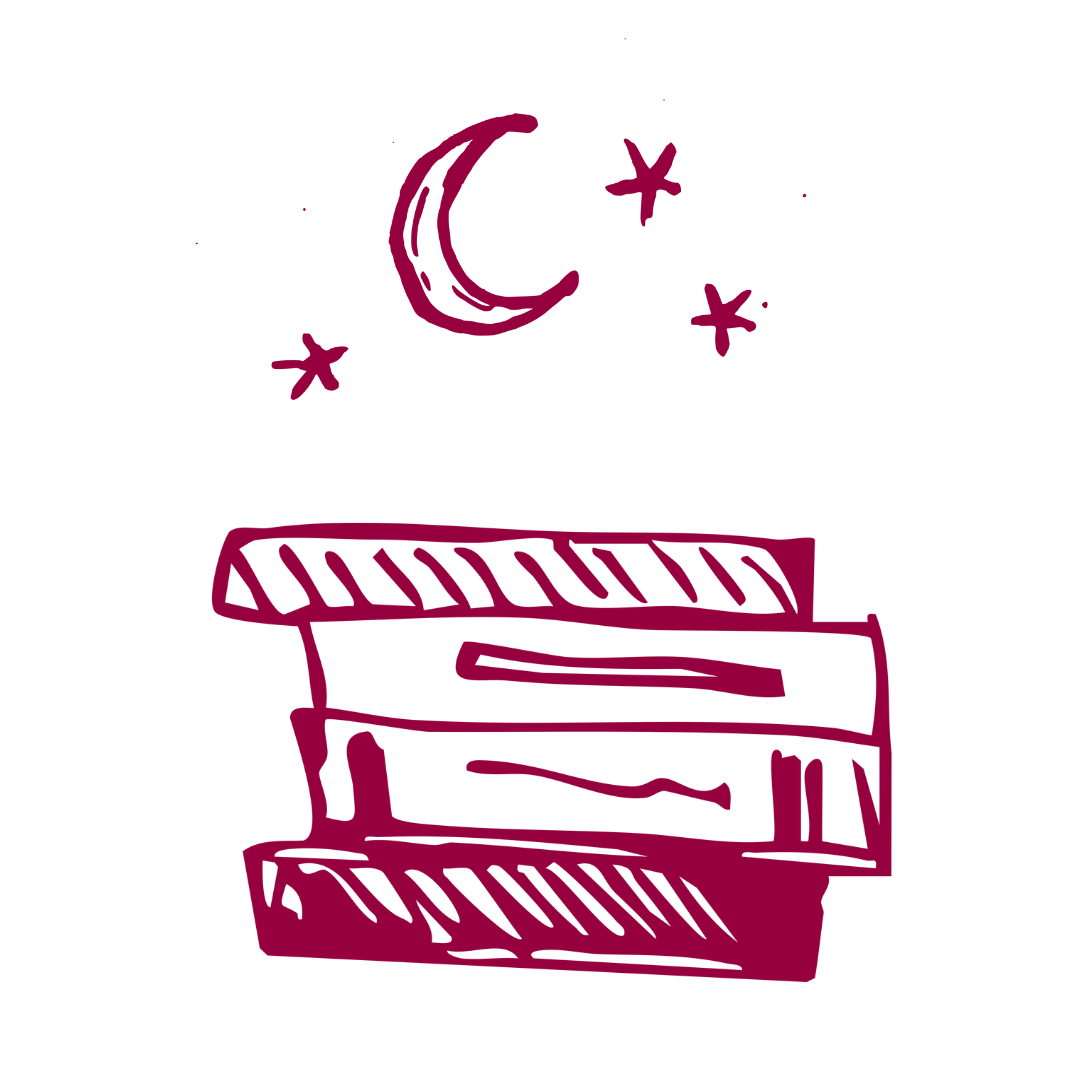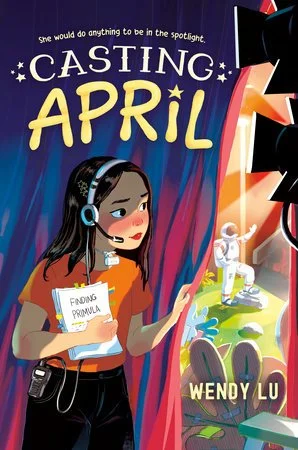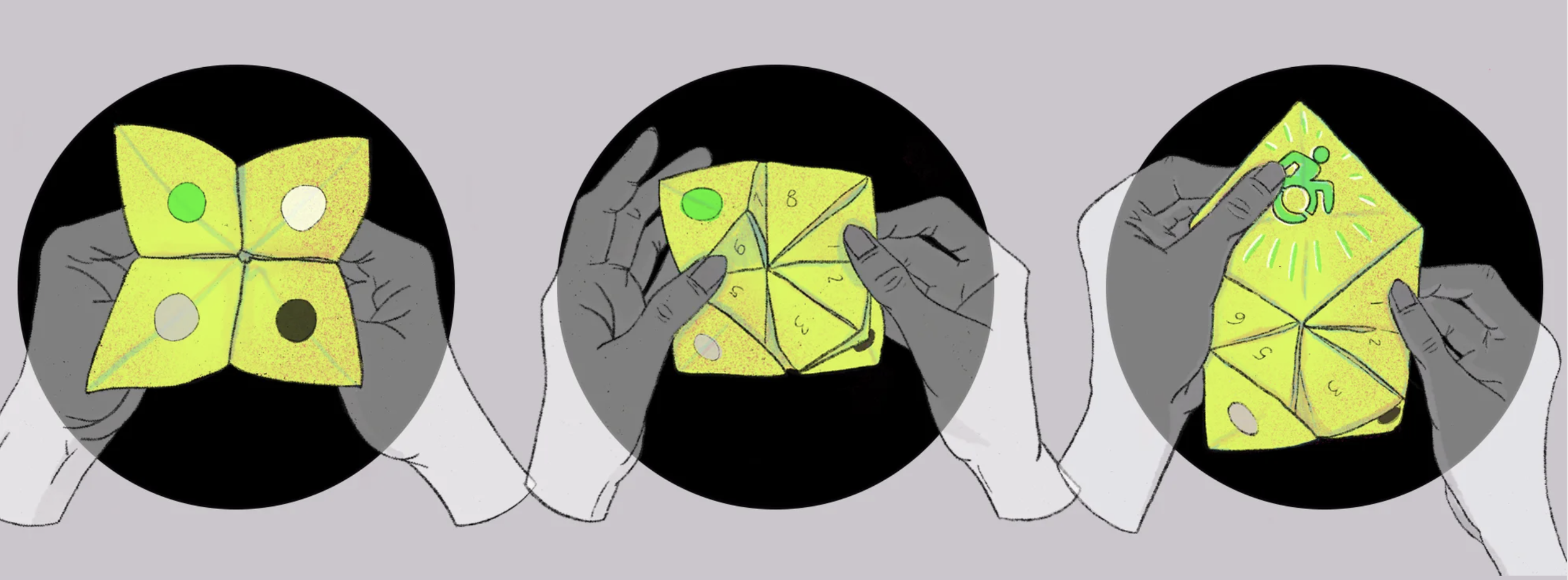
Children's book author and award-winning disability journalist
Wendy writes contemporary middle-grade fiction for children ages 9-12. Her debut novel, CASTING APRIL, will be published by Knopf Books for Young Readers (under Penguin Random House) in the summer of 2026. It follows a talented disabled girl named April who loves all things Broadway and will do anything for a chance at the spotlight—even if it means stretching the truth. It’s a story about friendship, identity, and the masks we wear both in real life and onstage.
Casting april (jUNE 2026)
Twelve-year-old April is a spectacular actress and is determined to land the starring role in the school play but no one believes she can do it because of her tracheostomy tube—a heartwarming story of friendship, identity, and the importance of chasing your dreams.
Sixth grader April Xue lives and breathes all things Broadway. When she builds up the courage to audition for the lead role in the school play, she thinks she’s knocked it out of the park—until she finds out that she’s been assigned to the stage crew. April is devastated—it seems like the curtain is closing on her dream of being an actor.
A day later, April overhears that the theater director, Ms. Rooney, decided not to cast her because she’s disabled. With the help of her best friend, a sneaky student reporter, and her spirited castmates, April learns to confront her own insecurities as a performer and proves to everyone (including Ms. Rooney) that she deserves a fair shot—all in time for opening night.
Preorder from: AMAZON | BARNES AND NOBLE | BOOKS A MILLION | BOOKSHOP.ORG | HUDSON BOOKSELLERS | TARGET | WALMART
SELECTED JOURNALISM
The Remarkable Normalcy of Being Disabled and in Love (The New York Times)
What a ‘Human-Centered’ Approach Can Do for Workers With Disabilities (The New York Times)











